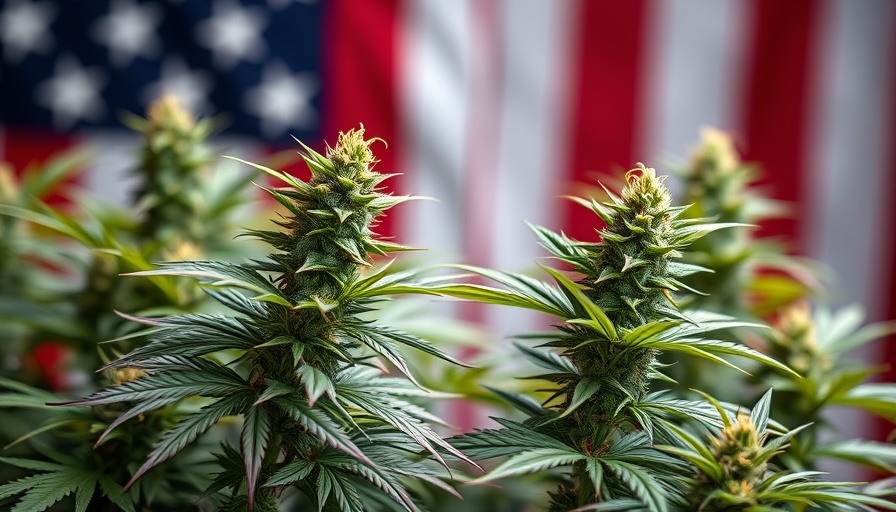
Kentucky’s Call for Cannabis Reform: Gov. Beshear Speaks Out
Kentucky Governor Andy Beshear has taken a bold step by directly appealing to President Trump, urging him to halt efforts that threaten the rescheduling of cannabis from its current Schedule I status. This crucial move highlights the growing urge within various sectors, particularly in health and wellness, for the recognition and reclassification of cannabis to Schedule III, enabling broader access and medical research opportunities.
The Politics of Cannabis Rescheduling
In his letter, Beshear targeted specific language in the ongoing Fiscal Year 2026 appropriations bill aimed at preventing the Department of Justice and the Drug Enforcement Administration from allocating funds towards the reclassification of marijuana under the Controlled Substances Act. He pushed back against the politicization of cannabis reform, labeling the current legislative actions as “not common-sense law.” Beshear’s critique underscores his commitment to ensuring that drug classifications are informed by scientific evidence rather than political maneuvering.
Impact on Public Health & Safety
The governor is not alone in his frustration; many advocacy groups and healthcare professionals echo his stance, arguing that keeping cannabis in Schedule I stifles vital medical research and access for patients in need. By advocating for a reclassification, Beshear emphasized the relief and accessibility it would bring to patients relying on medical marijuana as part of their treatment plans. His administration has already laid out groundwork to roll out medical cannabis programs in Kentucky by early 2025, highlighting the pressing need for appropriate regulatory compliance and patient protections.
A Patient-Centric Approach to Legislation
Beshear's remarks also reflect a broader cultural shift toward understanding cannabis as an essential resource for patient care rather than a recreational commodity. The existing stigma around marijuana continues to diminish as studies increasingly demonstrate its therapeutic benefits. Many cultivation experts believe that accessibility to medical marijuana could significantly shift health outcomes for patients suffering from chronic pain, anxiety, and various other health issues.
Future Predictions for Cannabis Access in Kentucky
As the state looks to implement its medical marijuana program, industry experts foresee a substantial transformation in how cannabis is perceived within the community. With safe access on the horizon, dispensaries might witness a surge in patients seeking alternative therapies, thereby fostering a more informed public discourse regarding cannabis culture in Kentucky. Education will be key in helping consumers navigate this new landscape, ensuring they are well-informed about the benefits and potential risks associated with medical cannabis.
Call to Action: Advocate Change for a Healthier Future
As cannabis reform gains traction in Kentucky, it is vital for individuals to engage with this evolving narrative. Supporting local advocacy groups, participating in community discussions, and voicing your thoughts can amplify the movement toward a more compassionate and science-driven approach to cannabis legislation. We all have a role to play in shaping a future that prioritizes health, wellness, and informed access to cannabis. Join the conversation and make your voice heard!
 Add Row
Add Row  Add
Add 




Write A Comment